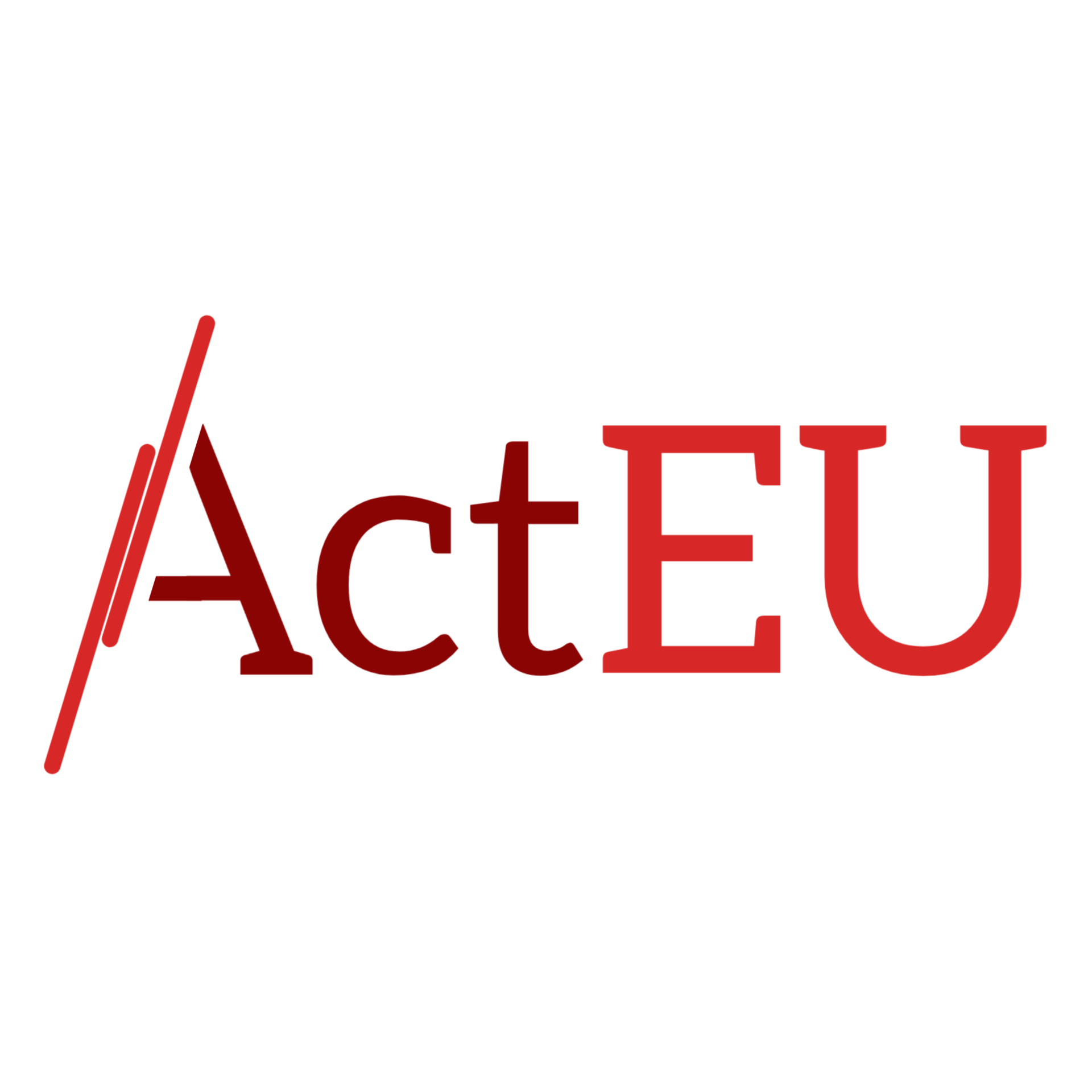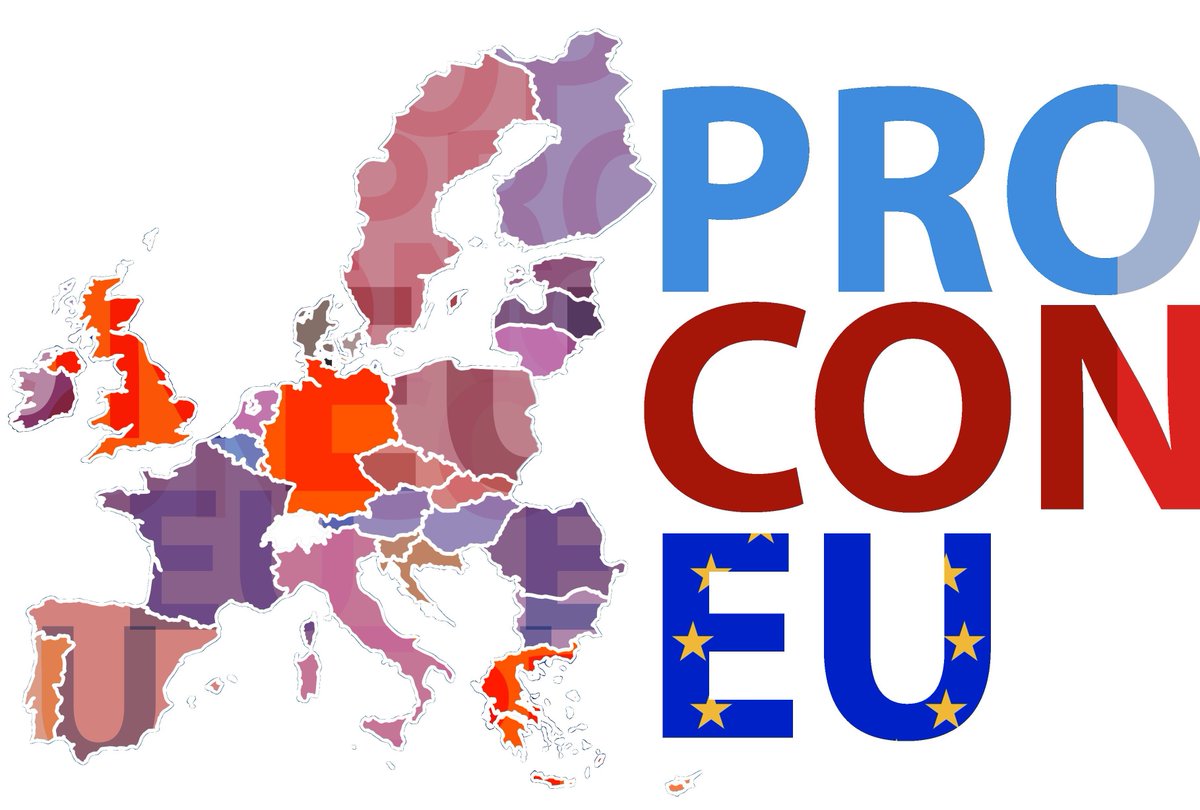Funded projects

ActEU
The ActEU project aims to find answers to the following questions: How can we conceptualise and empirically measure political trust and legitimacy beyond the usual survey question "How much trust do you have in the Parliament?"? Does the multi-level character of European representative democracies require an identical level of support from citizens at regional, national and EU level? To what extent does social polarisation on key political issues of our time - immigration, climate change and gender inequality - challenge political trust in and legitimacy of democratic political systems? And what can policymakers and civil society do to address these challenges?

UNTWIST
UNTWIST investigates the question of whether extreme populist parties use and fill a gap in the political spectrum that has emerged in the recent past: Do these parties actually have the potential to represent the population that has been let down by current mainstream feminist discourses? Or have mainstream parties not yet found a suitable strategy for responding to gender-related conflicts? Against the background of these questions, new political strategies are to be developed and implemented in order to counteract the anti-gender politics of parties on the extreme (and especially right-wing) fringe.

ProConEU
The gap between supporters and opponents of the European Union (EU) has widened unmistakably in recent decades. Open European conflicts, such as the debate on Brexit and the question of how to deal with populist and politically extreme challenges, are no longer a rarity, but rather threaten to intensify them. The resulting process of alienation between EU member states and between individual states and supranational institutions is one of the greatest social and political challenges of our time. Within the framework of the ProConEU project, we are therefore investigating the division of European society on the basis of the content of party competition, the attitudes of the population and the communication between elites and citizens in order to grasp its strength, permanence and consequences of this division with regard to the future of the EU, European integration as well as liberal democracy in Europe in general.

